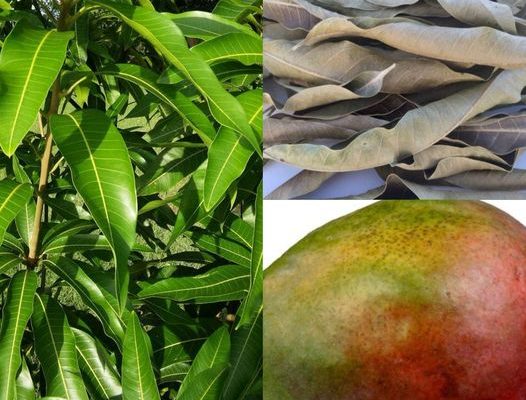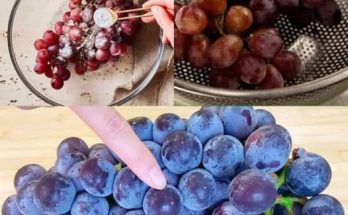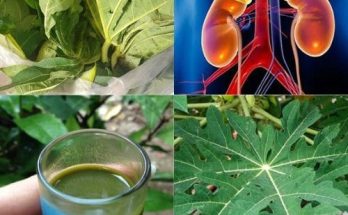Mango Leaves Surprising Benefits and Uses
Mango leaves have several health advantages and can be a useful addition to herbal medicine cabinets, despite the fruit itself being more well-known. These leaves, which are high in vitamins, enzymes, antioxidants, and numerous other bioactive substances, have advantages for everything from digestive health to blood sugar regulation. Here’s a closer look at the advantages and practical applications of mango leaves.
Advantages of Raw Mango Leaf
Mango leaves are especially well-known for their capacity to assist in the management of diabetes. Their anthocyanidins, a kind of tannin, have anti-diabetic properties. Additionally, it’s believed that the leaves boost blood sugar profiles and insulin levels. Rich in Antioxidants: Mango leaves, like the fruit, are bursting with flavonoids, phenols, and vitamin C, among other potent antioxidants. These substances are very good in preventing oxidative stress and shielding the body from harmful free radicals. Promotes Digestive Health: Indigestion and dysentery are just two of the stomach conditions that mango leaves can be used to treat. Their anti-inflammatory qualities also make them helpful in the treatment of stomach ulcers. Healing Properties: The antibacterial and antimicrobial qualities of the leaves help to promote wound healing. Applying a paste made from charred mango leaves to the injured region can help them heal burns and scalds. Mango leaves are reported to have modest sedative qualities that might help reduce restlessness and anxiety. Making a tea with the leaves might help elevate mood and lessen anxiety symptoms.
Mango Leaves’ Uses
Tea with mango leaves:
Components: A handful of mango leaves, either fresh or dried Water Guidelines: Prepare the Leaves: Give them a good cleaning. Cut the fresh leaves into tiny pieces if you’re using them to maximize the extraction surface area. Boiling: Simmer the leaves for ten to fifteen minutes in water. Steep and Strain: Give the tea a couple more minutes to steep before straining. Savor: Sip the hot tea. If you would want it sweeter, you can add honey.
Additional Uses:
Topical Application: Cuts, bruises, and insect bites can all be healed by applying a paste prepared from crushed mango leaves to the skin. Vapor Inhalation: It is believed that boiling mango leaves in water and breathing in the steam would help relieve the symptoms of respiratory conditions like bronchitis, asthma, and colds. Mango leaves are utilized in certain cultures as a symbol of prosperity and love in rituals and decorations, especially during religious celebrations and weddings.
In summary
Mango leaves are an incredibly useful and adaptable component of the mango tree, with many health advantages ranging from wound healing to diabetic management. Mango leaves can be added to teas, used topically, or even utilised just for their fragrant qualities to reap the benefits of their use in wellness routines. They are a useful supplement to both conventional and modern medical techniques due to their broad variety of applications.



